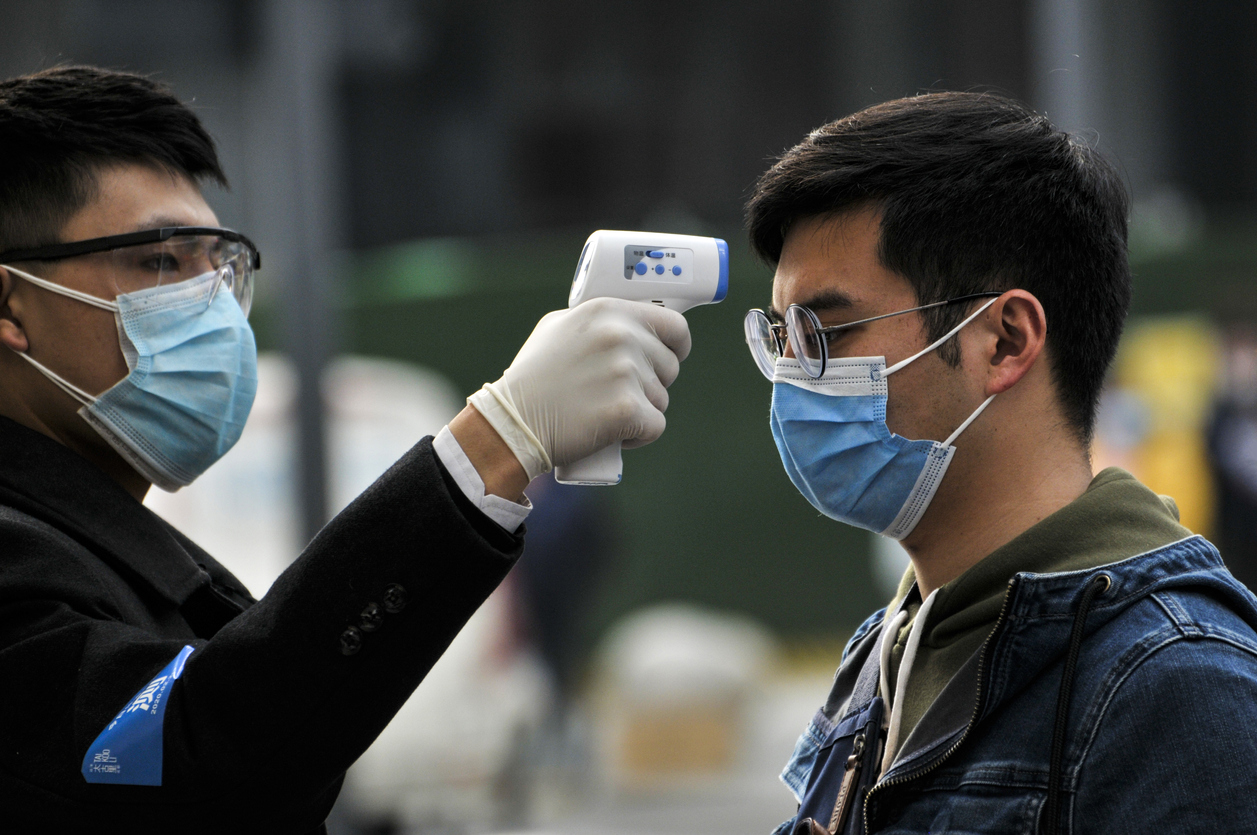
WHO takes note of 'emerging evidence' on airborne spread of COVID-19

The World Health Organisation (WHO) on Tuesday (July 7) acknowledged “emerging evidence” on the possibility of the spread of COVID-19 through air, after a group of scientists urged it to revise its recommendation pertaining to the spread of the respiratory disease.
The global health body said it would soon publish a new scientific brief in this regard.
“We have been talking about the possibility of airborne transmission and aerosol transmission as one of the modes of transmission of COVID-19,” Reuters quoted Maria Van Kerkhove, the technical lead on the COVID-19 pandemic at WHO as saying at a press briefing on Tuesday.
According to the earlier recommendations of WHO, the virus spreads primarily through small droplets expelled through nose and mouth of an COVID-19 infected person when he or she coughs or sneezes. WHO, however, had ruled out that the virus is airborne, stating that the droplets sink after travelling less than a metre, due to gravity.
Related news: Novel coronavirus is airborne: Scientists tell WHO
However, a group pf 239 international scientists from 32 countries in an open letter told WHO that exhaled droplets less than five micrometres in size can remain suspended in air for hours and travel up to 10 metres or the length of a room when an infected person sneezes or coughs.
“We will issuing our brief in the coming days, and that will outline everything that we have in this area,” said Kerhove.
The global count of COVID-19 cases increased to 11.7 million while the deaths soared to over 543,000 on Wednesday.

